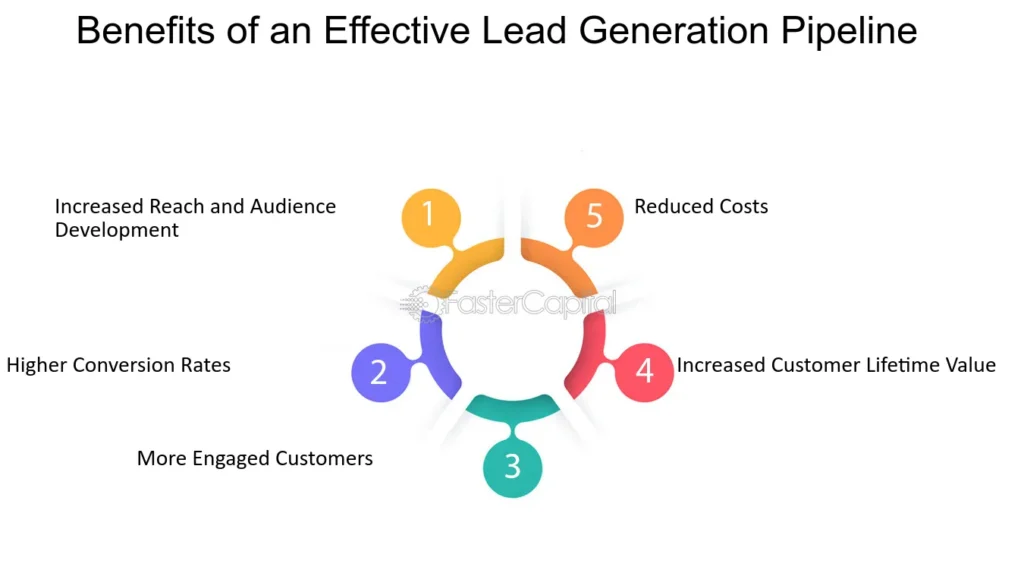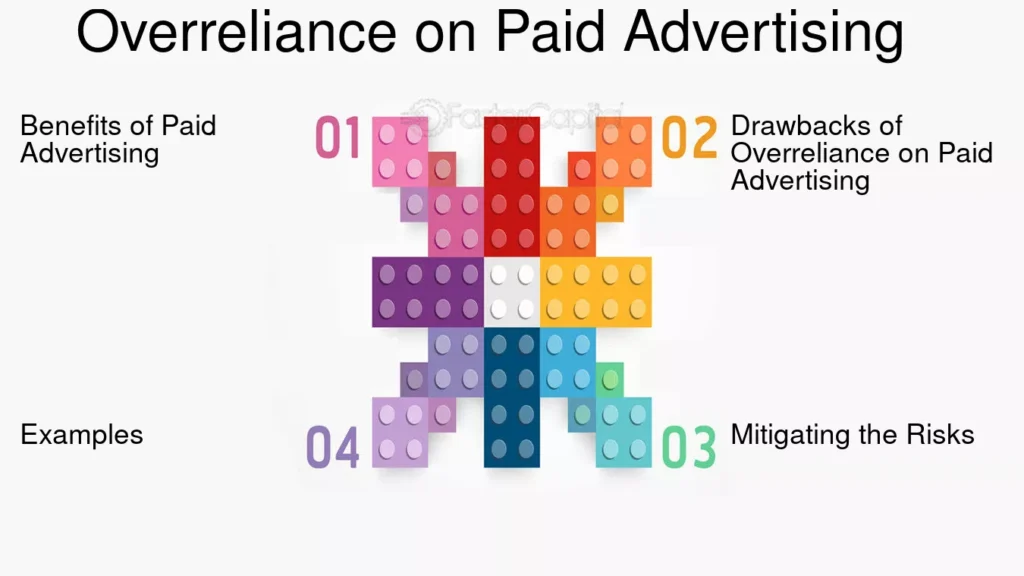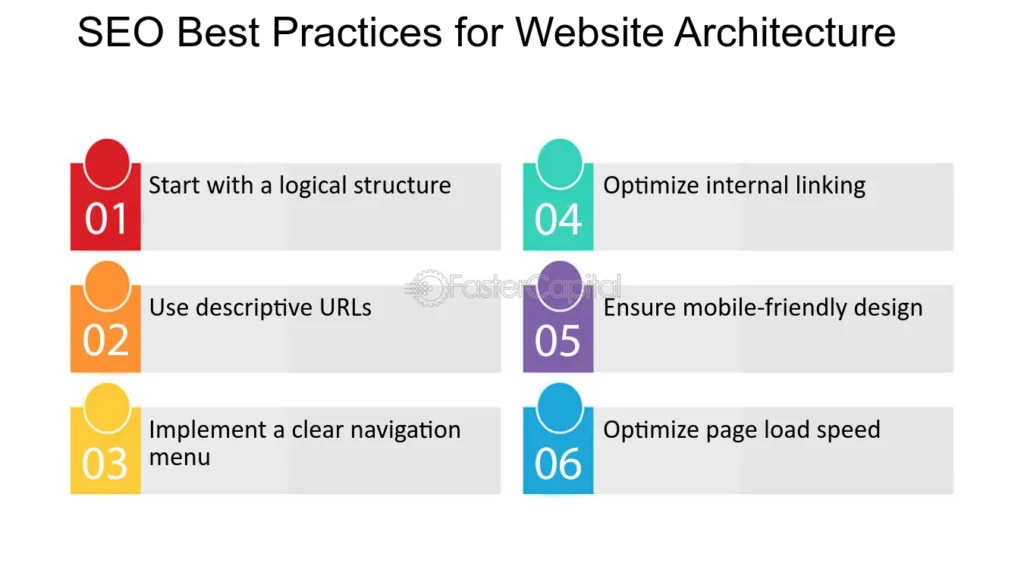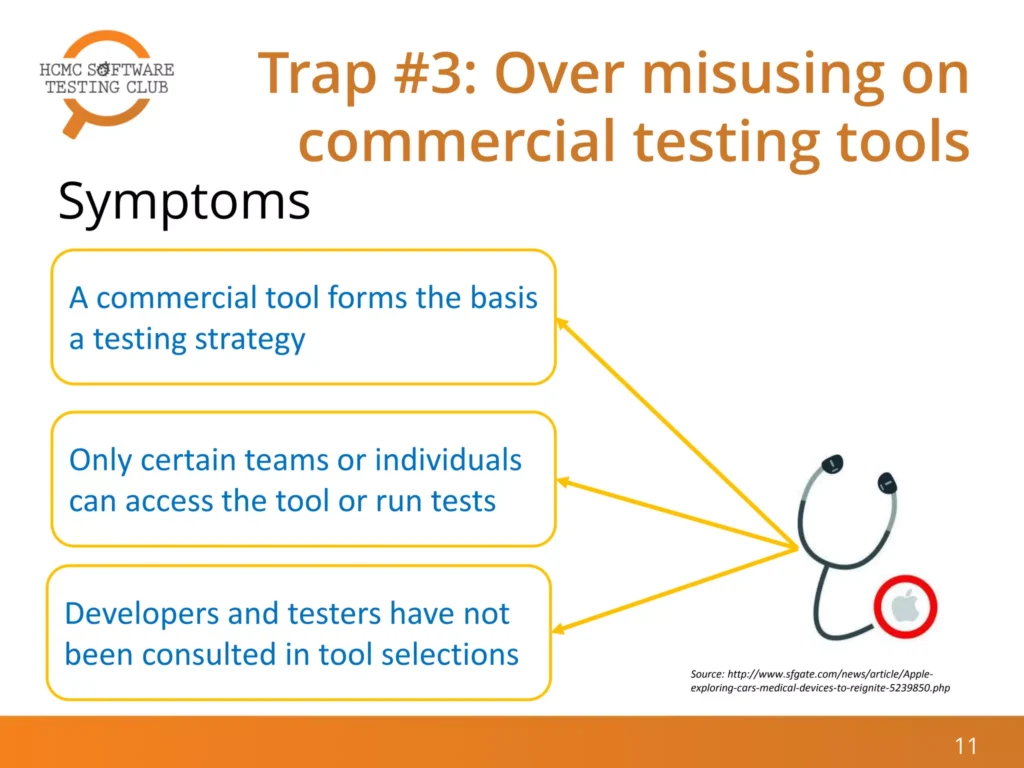I. Understanding Lead Generation
A. Definition of Lead Generation
Lead generation is the process of attracting potential customers and getting them interested in your product or service. involves various strategies and tactics to identify and nurture leads—people who may eventually become buyers. Think of it as the first step in the sales journey, where you’re casting a net to capture interested fish!
B. Importance of Effective Lead Generation
Effective lead generation is crucial for any business aiming to grow. It helps you build a solid customer base, boosts sales, and improves brand visibility. When done well, it sets the foundation for lasting relationships. It’s not just about getting numbers; it’s about finding the right people who will benefit from what you have to offer.

C. Common Misconceptions
Many believe that any activity that results in leads is effective. However, not all leads are equal, and not all activities will yield positive outcomes. The myth that “more leads mean more sales” can lead to wasted time and resources if those leads aren’t qualified. Understanding what truly drives results is key to improving your lead generation strategy.
II. Activities That Waste Time and Resources
A. Ineffective Social Media Engagement
Social media can be a powerful tool for lead generation, but it can also be a time sink when mismanaged
Posting Without Strategy: Simply sharing posts without a clear plan often results in disinterest. What your audience sees should be intentional and tailored to encourage interaction.
Focusing on Quantity Over Quality: It’s tempting to flood your feed with content, but if it’s not meaningful, your followers will soon tune out. Quality content resonates more than sheer volume.
Ignoring Target Audience Preferences: Sharing content that doesn’t interest your audience is like fishing in a pond full of rocks. Learn what they like, and share accordingly.
B. Unfocused Networking Efforts
Networking is important, but it can become unproductive without a clear focus.
Attending Irrelevant Events: Going to every event can stretch your resources. Focus on events where your ideal customers gather.
Lack of Follow-Up: Meeting people is just the beginning. A polite follow-up can turn a fleeting introduction into a lasting connection.
Too Much Focus on Personal Promotion:While it’s okay to talk about yourself, listening is key. People appreciate genuine interest more than a sales pitch.
C. Over-Reliance on Paid Advertising

Paid ads can provide quick visibility, but they can also fall flat without proper strategies in place.
Poor Targeting Choices: Advertisements that don’t reach the right audience are wasted investments. Make sure your ad targeting aligns with your ideal customer.
Short-Term Strategies: Relying solely on paid ads can provide temporary boosts but doesn’t build enduring relationships. Balance your expenses.
Neglecting Organic Presence: Focusing solely on paid options can lead to missed opportunities. A strong organic presence fosters trust and connection.
III. Misguided Content Marketing Tactics
A. Creating Content with No Clear Purpose
Content should have a goal behind it. When it lacks direction, it’s often ineffective.
Generic Topics Without Value: Audience members want content that speaks to them. Providing generic information may lead to disengagement.
Failing to Address Audience Pain Points: Ignoring your audience’s challenges means missing the mark. Good content offers solutions and resonates on a personal level.
Lack of a Consistent Brand Voice: Consistency helps in establishing trust. A mixed voice can confuse or alienate your audience.
B. Neglecting SEO Best Practices

SEO is vital for online visibility, and overlooking it can hinder your lead generation efforts.
Ignoring Keywords: Without proper keyword research, your content might never make it to the first page of search results. Keywords help you be found.
Poorly Optimized Landing Pages: If your landing pages are confusing or cluttered, visitors may leave without taking action. Keep them simple and clear.
Skipping Meta Descriptions and Tags: These tiny snippets provide an overview of your content in search results. They are worth investing time in for higher click-through rates.
C. Underestimating the Importance of Distribution
Creating great content is only half the battle; getting it out there is just as crucial.
Failing to Promote Content Effectively: Sharing content once on social media is rarely enough. Plan for consistent promotion across various platforms.
Relying Solely on Social Media: While powerful, social channels shouldn’t be your only tactic. Explore email marketing, guest posting, and more.
Ignoring Email Marketing: Email remains a robust tool for connecting with potential leads. Regular newsletters can keep your audience engaged.
IV. Ineffective Use of Technology
A. Misusing Automated Tools

Automation can save time, but misuse can lead to a lack of personal touch.
Over-Automating Responses: When interactions feel robotic, it can alienate potential leads. Automation should never replace genuine engagement.
Poorly Targeted Emails: Sending generic emails to your entire list can lead to high unsubscribes. Target specific segments for better results.
Lack of Personalization: Personal touches go a long way. People respond better to messages that feel tailored to them.
B. Ignoring Analytics
Data analysis is essential for improving your lead generation process, yet many overlook it.
Not Measuring Key Performance Indicators: Understanding what works and what doesn’t is crucial. Regularly check your KPIs to gauge effectiveness.
Failing to Analyze Lead Sources: Knowing where your leads come from helps you allocate resources wisely. It helps in identifying fruitful channels.
Avoiding Data-Driven Decisions: Trusting your gut can be tempting, but data provides a clearer picture. Use it to guide your strategies.
C. Relying on Outdated CRM Systems
Your CRM should be a helpful tool, not an obstacle in your lead generation journey.
Inadequate Customer Insights: Old systems may not have the capabilities you need for deep insights. Upgrade regularly to keep pace with technology.
Complicated User Experience: A clunky CRM can frustrate your team. Ensure your software is user-friendly to enhance efficiency.
Integration Issues: A CRM that doesn’t work well with other tools can complicate your processes. Make sure everything connects smoothly.
V. Relationship-Building Missteps
A. Failing to Nurture Leads
Once you’ve got leads, nurturing them is vital to maintaining their interest.
Lack of Follow-Up Communication: Waiting too long to touch base can lead to lost interest. Check in regularly with leads to keep the conversation going.
Ignoring Existing Customers: Existing customers are key for repeat business. Don’t forget to engage them, too!
Weak Engaging Strategies: If you don’t put effort into keeping leads interested, they may wander off. Provide regular value and engagement.
B. Providing Poor Customer Service
Your interaction with leads doesn’t end until a sale is made. Poor service can drive potential buyers away.
Unresponsive Support: Ignoring inquiries can frustrate leads, causing them to look elsewhere. Timely support matters!
Not Listening to Customer Feedback: Failing to listen means missing out on valuable insights. Encourage feedback and act on it.
Failing to Resolve Issues Promptly: Quick resolutions can turn a negative experience into a positive one. Be proactive in addressing concerns.
C. Skipping Personal Touch
In a world driven by automation, injecting humanity into your communications can stand out.
Generic Communication: Messages that feel copied and pasted can lose personal touch. Tailor your messages to make them feel authentic.
Ignoring Individual Preferences: Not every lead will respond the same way. Listen and adapt your approach accordingly.
Lack of Authenticity: Be genuine in your interactions. People appreciate honesty and authenticity over sales pitches.
Conclusion
In the world of lead generation, it’s essential to distinguish between activities that yield results and those that drain time and resources. Understanding the common pitfalls can help refine your approach. Focus on building genuine relationships, providing value, and engaging meaningfully with your audience to reap the rewards of effective lead generation.
FAQs
What are some effective lead generation strategies?
Engaging content, targeted ads, and genuine relationship-building are key strategies for effective lead generation.
How can I gauge if my lead generation activities are working?
Measure key metrics like conversion rates, lead sources, and customer engagement to gauge the effectiveness of your strategies.
What common mistakes should I avoid in lead generation?
Avoid generic content, ignoring your audience, and neglecting follow-up communication. Ensure your efforts are targeted and meaningful.
